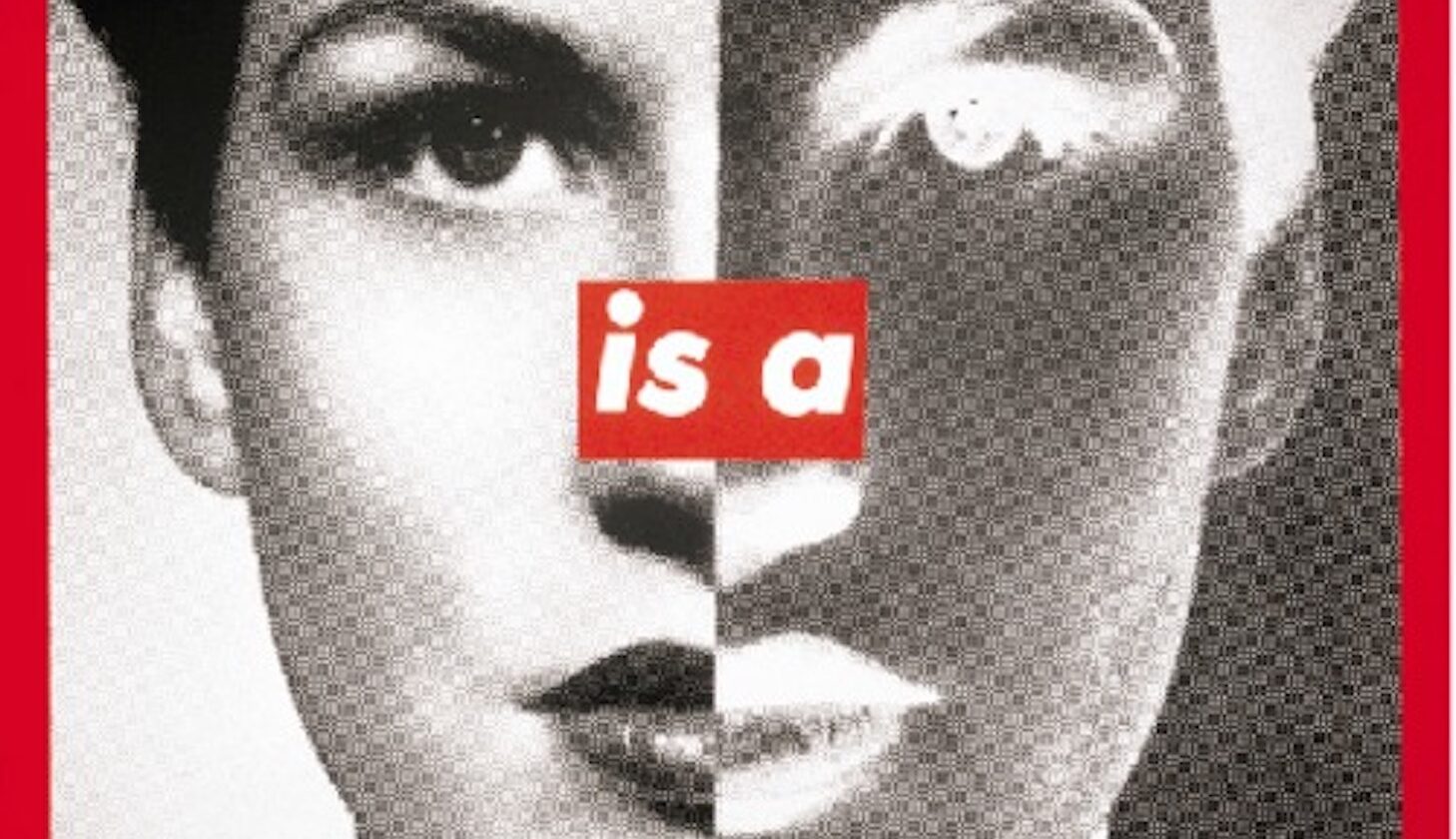Paper Assignment 2: Scholarly Conversation
The second paper assignment asks you to map out a scholarly debate about a specific research topic, outlining its contours and offering your reader an account of the principal perspectives or poles of that debate. Although not every discipline uses this kind of programmatic “literature review,” any longer research project will require you to map out the field and give the reader a sense of the central points of agreement and contention.
You are not making arguments, nor, generally, evaluating the scholars’ work in detail. Rather, you are seeking to determine the shape of the debate among scholars and introduce us to the conversation and its participants. In your process of discovery, you will research the topic (in databases), find at least eight or so sources that engage with the topic in some way, then present some—three or four—of those sources to your readers by summarizing the arguments and making connections. Make sure you check out the scholarly conversation research guide in the resources tab.
You will search in specific library databases and we encourage you to use Zotero to save your sources, tag them with keywords that seem to you to name aspects of the debate, and take notes on them. Write as you read. Be descriptive in your notes. Zotero is a powerful organizing tool for research and writing in the academy. Learn it and use it now and you will be less stressed with research projects throughout your time at Davidson.
Select one of the following topics to refine into a cohesive paper exploring a debate or point of contention in the scholarly conversation. Each of these are broad topics that require you to select a more specific point of contention. Make sure you do not repeat material or topics you explored in your first paper.
- Examine the scholarly conversation around Susan Schneider’s Artificial You, esp. concerning machine (A.I.) consciousness. (We will be reading Schneider with Dr. Robb in the coming weeks).
- Examine the “posthuman” or nonhuman in the the humanities. For example, you could focus on how humanists understand the category of the “animal” or the “cyborg” in the wake of Haraway’s manifesto.
- Explore the way the humanities respond to the threat of climate change. For example, you could focus on the debate around hyperobjects.
- Does the “postcolonial” end? What does it mean to imagine a postcolonial future?
- Explore scholarly discussions about end-of-the-world literature in the Bible (e.g., in the Gospel of Mark chapter 13, sometimes called the “little apocalypse”). What do scholars have to say about the social, political, or ritual functions of such writing?
Some Resources:
● Zotero: Get Organized and Spend Less Time on the Dark Side of Research (a one minute video that shows off the cool features of Zotero and helps to answer the question: why should I download this?)
● Zotero guide (includes step-by-step guidance on set-up, adding sources, and citing sources)
● Zotero.org (there are two parts to install – the Zotero stand-alone piece that lives on your desktop and the browser connecter)
If you have questions or problems with the install process, the librarians are certainly happy to help you troubleshoot if you email them at library@davidson.edu or make an appointment through their Ask Us page.
An excellent conversation paper:
• discovers, represents, and connects participants in a scholarly conversation;
• helps your reader understand what that conversation is and why it matters to the participants;
• includes in the bibliography at least eight citations of scholars or critics whom you have consulted in developing an understanding of the debate;
• presents and describes the work of three or four representative scholars or critics;
• supports the summaries of those scholars claims and arguments with adequate textual evidence and a key quotations from their work; integrates those quotations seamlessly into the summary;
• presents your readings with clarity and grace, and thus avoids verbal clutter, clichés, typos, awkward syntax, and overly colloquial phrases;
• acknowledges the work and ideas of others;
Follow the The Chicago Manual of Style citation protocols
1500 words (not including bibliography); 12-point Times New Roman Font
• paper 2 draft 1 due on Moodle 11/12 by 5pm
• paper 2 draft 2 due on Moodle on Monday 11/21 by 5pm
• Paper 2 final version due on Moodle on Friday12/2 by 5pm
